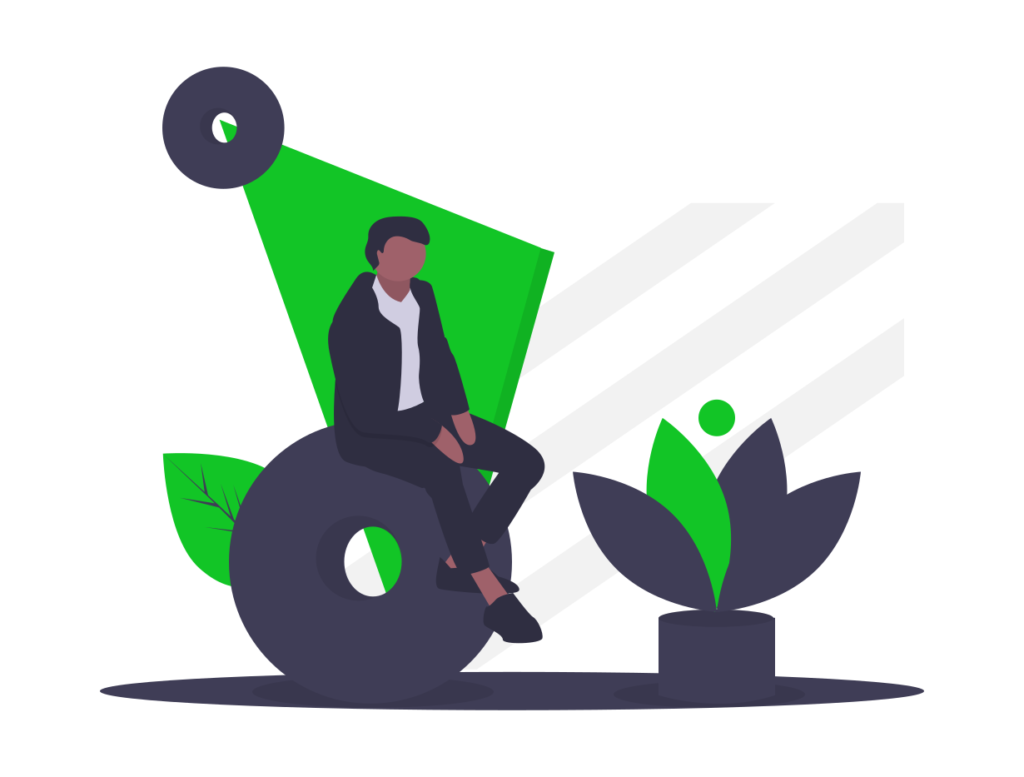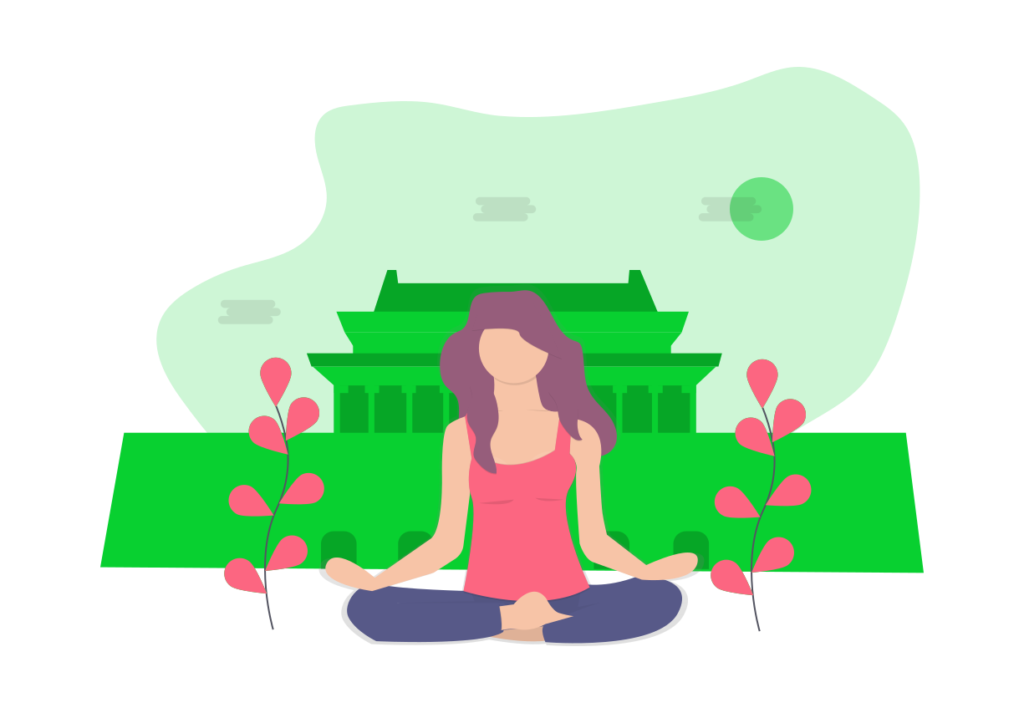One of the most important topics of discussion, especially in a world that’s been affected by a pandemic, is the matter of our mental health. There was a significant increase in depressive and anxiety disorders in 2020 due to the pandemic throwing our lives out of synch, disrupting our day-to-day sense of normality.
Our mental health isn’t something that should be treated lightly, as when there’s a problem, it can get worse without treatment. If a person suffers from an issue regarding their mental wellbeing, it can actually be worse than suffering from a cold or breaking a bone.
The longer a mental illness persists, the more difficult it’ll be to treat, leading to possible panic attacks while unaddressed trauma could culminate in post-traumatic stress disorder (PTSD).

If you or someone you know suffers from a form of anxiety, then this article will help you by providing advice on how to live with and manage it. Please note that this isn’t medical advice – if are suffering with anxiety it’s always worth seeking professional advice as well as taking these tips on board.
Read Now: The Impact of Screen Addiction on Health and Wellbeing
Determine Your Triggers
Anxiety can be caused by a variety of factors. These can include:
- Experiences from childhood that had a negative impact on you and have stayed with you until now
- Your current life situation, e.g. pressure from work or studying, unemployment, financial issues
- Physical health problems
- Other mental health problems; some people who have depression develop anxiety as a result of this
- Drugs and medication, including recreational drugs and alcohol.
(Source)
Many of these can lead to what is known as an emotional trigger. This is defined as something that will “spark intense negative emotions”. The key thing is to figure out what your trigger is and then limit your exposure to it. If this is seemingly impossible – say, the trigger in question is from just visiting your place of work – consult the other methods to manage anxiety in this list to help you cope.
Do One Task At a Time
To give one example, let’s say you’re at work or your place of education. As you know, you’re going to be bogged down with tasks that will require completion, often in a short span of time. This alone can fuel your anxiety and make you feel overwhelmed.
There is a very simple solution to this problem: focus on one task at a time.

Think – which task has the closest deadline? Which is the trickiest? Which will take the most thought? It’s important that you prioritise these particular tasks first, as putting them off will just make you feel anxious for when you do approach them.
Focus On Your Sleep
While there are certainly people who prefer to be active rather than rest, something we all need to do is sleep. Unfortunately, if you suffer from anxiety, it can lead to you having difficulty sleeping (insomnia), or difficulty sleeping can actually cause anxiety.
Here are just a few ways for you to ensure that you can catch a good night’s sleep:
- Create and keep to a routine. If you break away from it, sometimes even slightly, this could make sleeping more difficult for you.
- Make sure your bedroom’s temperature is cool. A hot and stuffy bedroom will make sleeping seemingly impossible to accomplish.
- Have a comfy bed. After all, how are you supposed to relax if your mattress is lumpy, too soft, or too hard? Like with Goldilocks, it needs to be just right!
- Avoid using screens. Whether it’s the TV, a phone, or a computer/ laptop, the blue light emitted from them affects our Circadian rhythm, which is what helps us fall asleep.
Read Now: Why Understanding Sleep is Crucial to your Wellbeing
Go For a Walk
It’s as simple as this. If you find yourself in a situation that’s giving you anxiety and making you feel stressed, you just need to walk away.
However, this doesn’t mean you should then start running away from your problems and avoid them altogether. If anything, this is going to make your anxiety even worse than it was before. By simply moving ourselves away from the problem temporarily and having a walk, we’re more likely to develop discerning thoughts. This means we’ll be better at making judgements and formulating good thoughts.

Sometimes it’s best not to make decisions sitting down. Being on the go matches how our thoughts are constantly moving and changing, allowing those ideas to be processed and analysed internally more easily.
Related Articles
- Returning to Work after COVID: How to Manage Anxiety
- How to Manage Anxiety and Isolation During Lockdown
- How Coaching Can Help With Financial Anxiety
- A Parent’s Guide: How To Take Care of Your Own Wellbeing
- How Exercise Benefits Mental Health
These were just a small number of ways for how you or someone you know can learn to live with anxiety. If you’d like to learn more about this topic, or perhaps an entirely different one altogether, contact Ceed today.